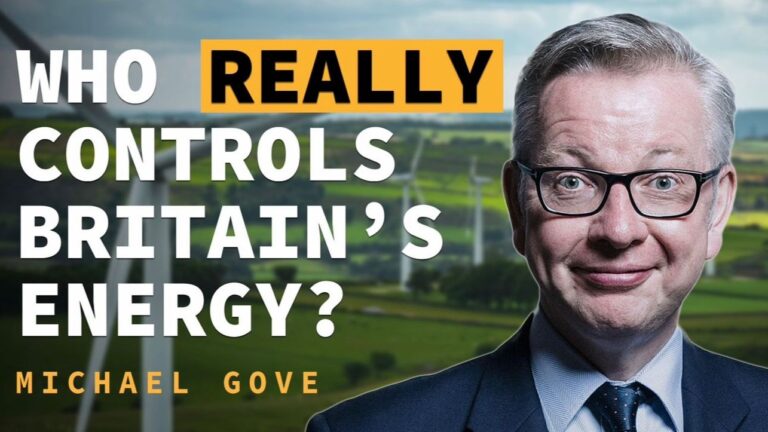
Season one: A platform for tough conversations
Across its 59 episodes in 2024/25, the podcast reached an audience of nearly 2.4 million listeners, averaging over 40,000 per week – a figure that rivals attendance at Premier League football matches.
More importantly, the series established itself as a forum for candid discussion on some of the sector’s most pressing issues. Standout episodes included the following themes:
- Gender and representation: The most listened-to episode of Season One – POWERful Women Annual Data Reaction: Why are Energy Companies Failing Women? – underscored the persistent gender imbalance in the industry and struck a chord with listeners. Several other episodes returned to the issue of diversity in leadership and workforce representation.
- Energy affordability and consumer pressures: Multiple discussions centred on the tension between household energy bills, retail price caps, and the investment needed for infrastructure and low-carbon generation. Episodes examining fuel poverty and consumer protection highlighted affordability as a recurring concern across the sector.
- Technology and infrastructure bottlenecks: From sustainable aviation fuels and hydrogen deployment to nuclear trading and offshore wind, the series explored the technologies vying to shape the next stage of the transition. Grid capacity and permitting delays were recurring themes, with contributors pointing to the mismatch between policy ambition and infrastructure delivery.
- Geopolitics and global competition: Episodes on COP28, critical mineral supply chains, and international energy diplomacy revealed how geopolitical shifts are reshaping the UK’s options. Brazil, China and the US featured prominently in debates about the pace and scale of change.
- The role of transitional fuels: Discussions also addressed the continuing role of oil products and natural gas in maintaining system resilience. While the transition narrative dominated, there was consistent recognition that liquid fuels, biofuels and hybrid solutions would remain vital during the coming decade.
Taken together, the episodes painted a picture of a sector wrestling with interlocking challenges: how to accelerate decarbonisation without destabilising supply, how to keep energy affordable while investing at scale, and how to ensure the transition is led by a more diverse and representative workforce.
Season two opens with global themes
Season Two launched on 23 September 2025 with three impressive, high-profile discussions that reflect the widening scope of energy debates:
- Governance of UK energy: Michael Gove offers an insider’s perspective on who truly sets the agenda for Britain’s energy sector.
- Hydrogen mobility: Toyota, the world’s largest car manufacturer, argues that the time has come for hydrogen cars, presenting its new Hydrogen Hilux as evidence of market readiness.
- Climate diplomacy: Antonio Patriota, Brazil’s Ambassador to the UK, explains why Brazil is hosting COP30 and how it plans to use diplomacy to influence the global energy mix.
Together, these topics signal Wolfe Power Club’s ambition to deepen its role in the international energy conversation, with guests drawn from politics, industry, and diplomacy.
All episodes can be found here: : Wolfe Power Club Podcasts
Building toward the Spectator Energy Summit
The timing of the new season is designed to build momentum towards the Spectator Energy Summit in November 2025, where Michael Gove and other senior figures will debate the sector’s future. The partnership links Wolfe Power Club’s weekly discussions with one of the energy calendar’s most significant forums, reinforcing its role as a bridge between public debate and policy decision-making.
Outlook
The Wolfe Power Club podcast has quickly proven that audiences are hungry for informed, unfiltered debate on the complexities of energy. With its second season already tackling governance, technology, and diplomacy, it looks set to deepen its role in shaping how the sector’s biggest challenges are understood.
Image supplied by Wolfe Power Club